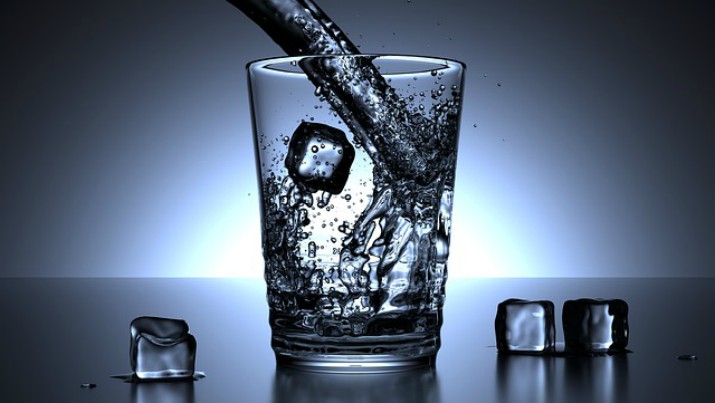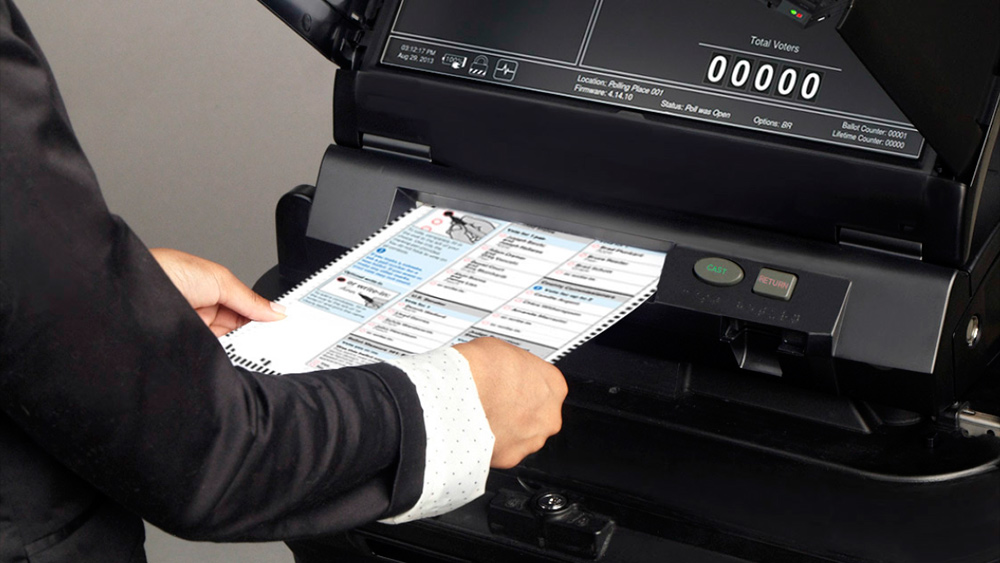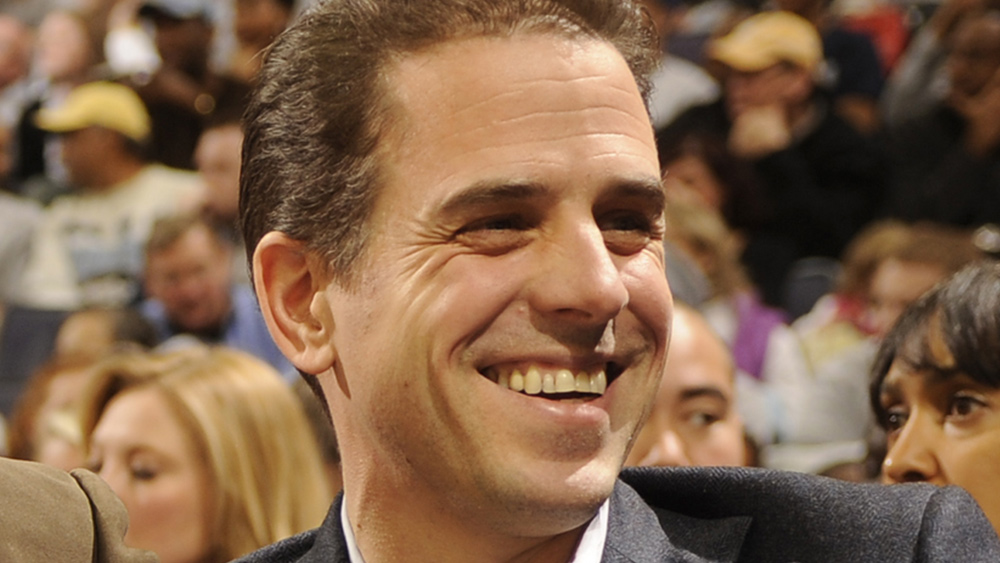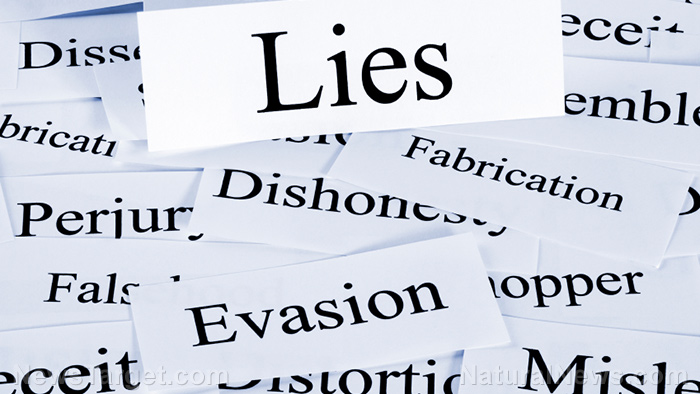The BBC Kickoffs Their “Put Lithium in the Drinking Water” Campaign
08/24/2017 / By Thomas Dishaw

People with higher levels of lithium in their drinking water appear to have a lower risk of developing dementia, say researchers in Denmark.
Lithium is naturally found in tap water, although the amount varies.
The findings, based on a study of 800,000 people, are not clear-cut. The highest levels cut risk, but moderate levels were worse than low ones.
Experts said it was an intriguing and encouraging study that hinted at a way of preventing the disease.
The study, at the University of Copenhagen, looked at the medical records of 73,731 Danish people with dementia and 733,653 without the disease.
Tap water was then tested in 151 areas of the country.
The results, published in JAMA Psychiatry, showed moderate lithium levels (between 5.1 and 10 micrograms per litre) increased the risk of dementia by 22% compared with low levels (below five micrograms per litre).
However, those drinking water with the highest lithium levels (above 15 micrograms per litre) had a 17% reduction in risk.
The researchers said: “This is the first study, to our knowledge, to investigate the association between lithium in drinking water and the incidence of dementia.
“Higher long-term lithium exposure from drinking water may be associated with a lower incidence of dementia.”
Brain-altering
Lithium is known to have an effect on the brain and is used as a treatment in bipolar disorder.
However, the lithium in tap water is at much lower levels than is used medicinally.
Experiments have shown the element alters a wide range of biological processes in the brain.
This broad impact could explain the mixed pattern thrown up by the different doses, as only certain dosing sweet-spots change brain activity in a beneficial way.
Prof Simon Lovestone, from the department of psychiatry at the University of Oxford, said: “This is a really intriguing study.
Submit a correction >>
Tagged Under:
BBC, Drugging the water, Lithium, water
This article may contain statements that reflect the opinion of the author
RECENT NEWS & ARTICLES
COPYRIGHT © 2017 GOVTSLAVES.COM
All content posted on this site is protected under Free Speech. GovtSlaves.com is not responsible for content written by contributing authors. The information on this site is provided for educational and entertainment purposes only. It is not intended as a substitute for professional advice of any kind. GovtSlaves.com assumes no responsibility for the use or misuse of this material. All trademarks, registered trademarks and service marks mentioned on this site are the property of their respective owners.




















